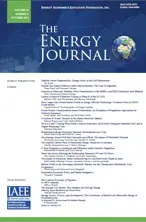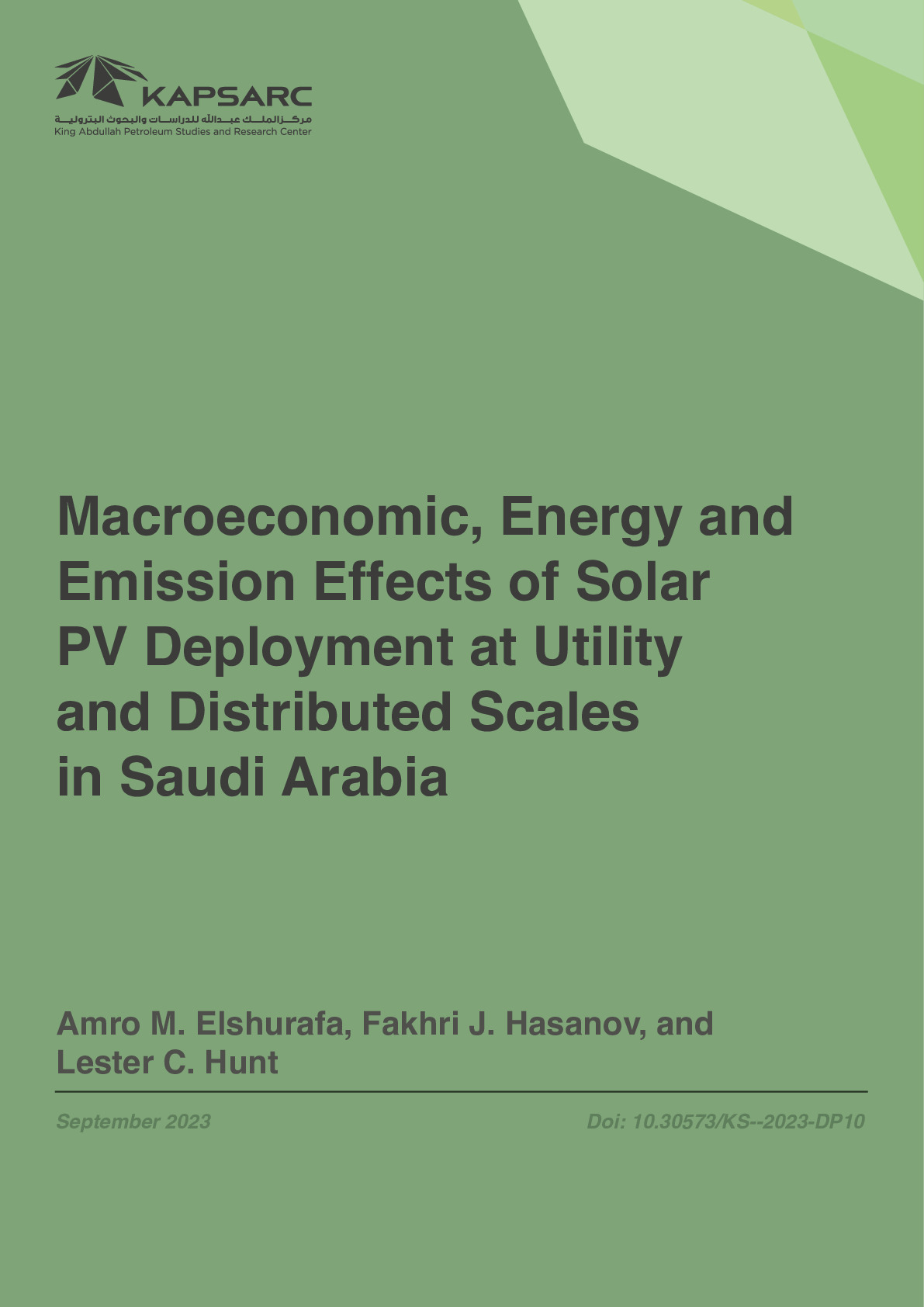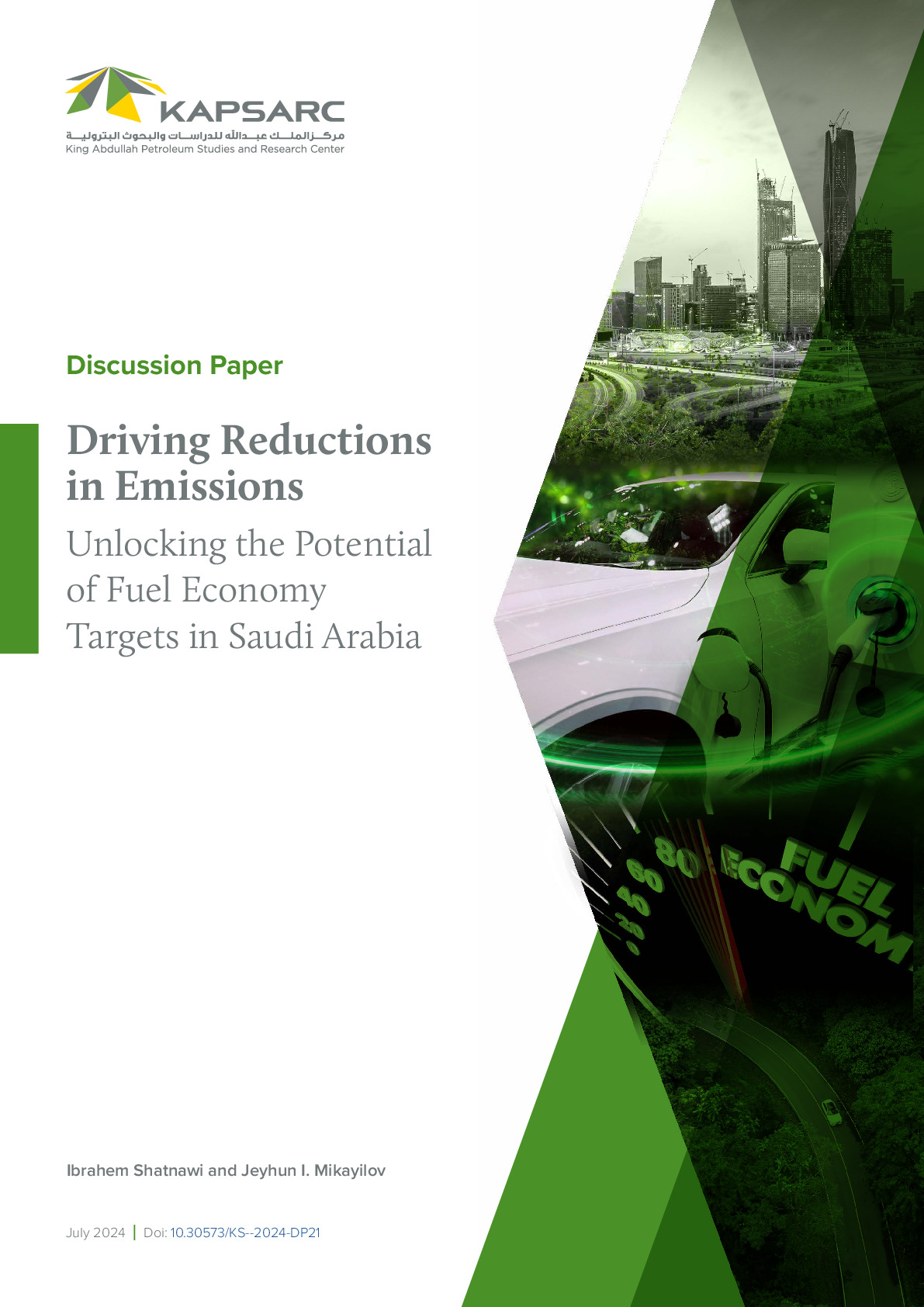Policymakers in developing and transitional economies require sound models to: (i) understand the drivers of rapidly growing energy consumption and (ii) produce forecasts of future energy demand. This paper attempts to model electricity demand in Azerbaijan and provide future forecast scenarios-as far as we are aware this is the first such attempt for Azerbaijan using a comprehensive modelling framework. Electricity consumption increased and decreased considerably in Azerbaijan from 1995 to 2013 (the period used for the empirical analysis)-it increased on average by about 4% per annum from 1995 to 2006 but decreased by about 412 % per annum from 2006 to 2010 and increased thereafter. It is therefore vital that Azerbaijani planners and policymakers understand what drives electricity demand and be able to forecast how it will grow in order to plan for future power production. However, modeling electricity demand for such a country has many challenges. Azerbaijan is rich in energy resources, consequently GDP is heavily influenced by oil prices; hence, real non-oil GDP is employed as the activity driver in this research (unlike almost all previous aggregate energy demand studies). Moreover, electricity prices are administered rather than market driven. Therefore, different cointegration and error correction techniques are employed to estimate a number of per capita electricity demand models for Azerbaijan, which are used to produce forecast scenarios for up to 2025. The resulting estimated models (in terms of coefficients, etc.) and forecasts of electricity demand for Azerbaijan in 2025 prove to be very similar; with the Business as Usual forecast ranging from about of 1912 to 21 TWh. © 2016 by the authors.

Senior Fellow I
Fakhri Hasanov is a senior fellow and leads the KAPSARC Global Energy Macroeconometric Model projects with 20+ years of experience…
Fakhri Hasanov is a senior fellow and leads the KAPSARC Global Energy Macroeconometric Model projects with 20+ years of experience in econometric modeling and forecasting. Since 2015, he has been involved in multistakeholder projects, leading and executing macroeconomic analysis of various policy choices and initiatives (e.g., energy prices, energy demand, and fiscal reforms) for the Kingdom’s economy. He has extensive experience working with policymakers. Prior to KAPSARC, he was a post-doc at George Washington University. His research mainly covers macro-econometric modeling for energy and environmental economics policy analyses. Dr. Hasanov has authored 50+ applied studies published in reputable journals such as Energy Policy, Energy Economics, Empirical Economics, and Energy Strategy Review. His research is recognized internationally (e.g., he is listed among the top 2% of scientists globally by Elsevier). Fakhri is an editorial board member of various peer-reviewed journals, such as Frontiers in Environmental Science. He holds a Ph.D. in econometrics.
Expertise
- Econometric modeling and forecasting
- Time series and panel data econometrics
- Macroeconometric models for policy analyses
- Energy economics
- Environmental economics.
Publications See all Fakhri Hasanov’s publications
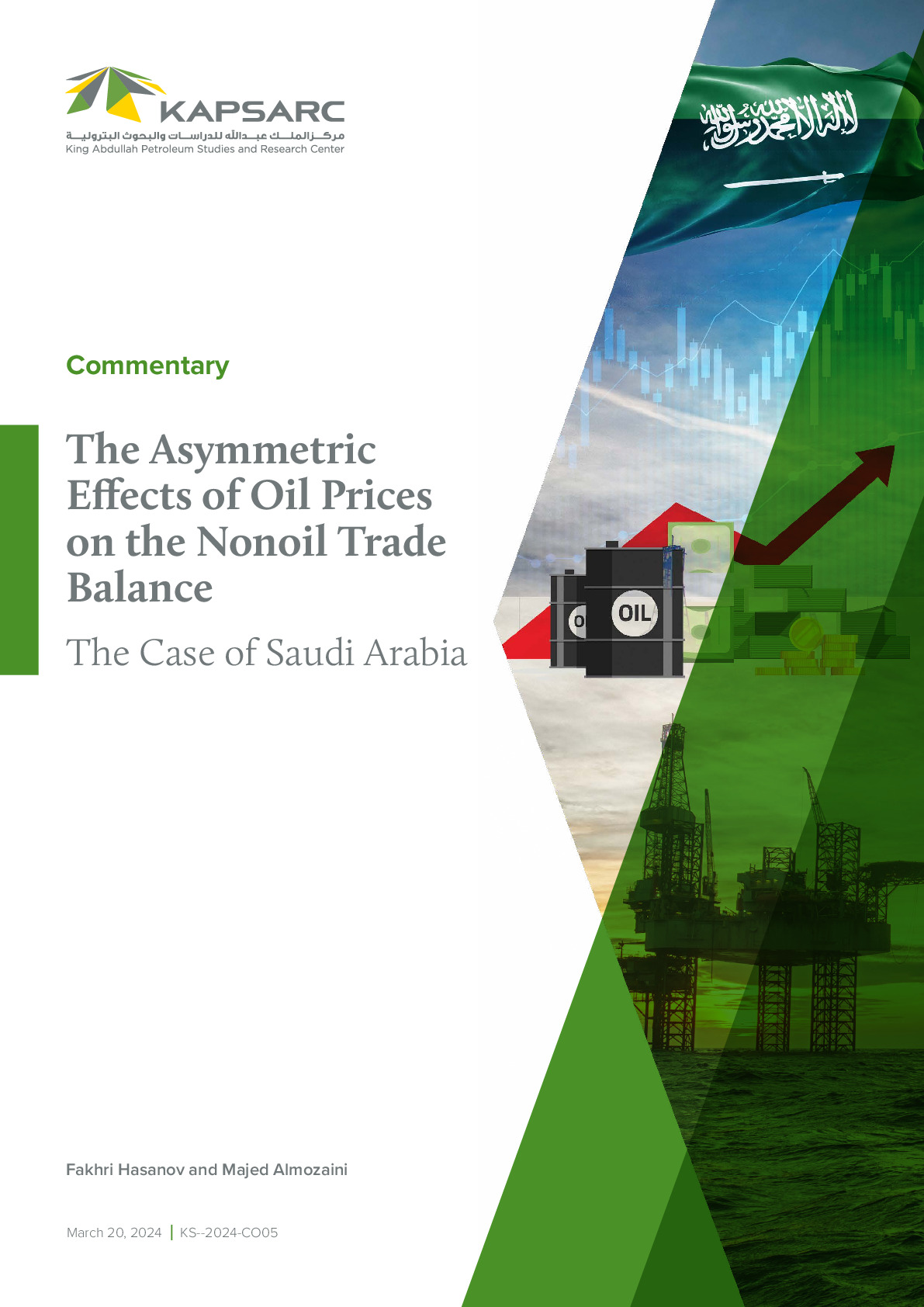
The Asymmetric Effects of Oil Prices on the Nonoil Trade Balance: The Case of Saudi Arabia
Policymakers in developing and transitional economies require sound models to: (i) understand the drivers of…
21st March 2024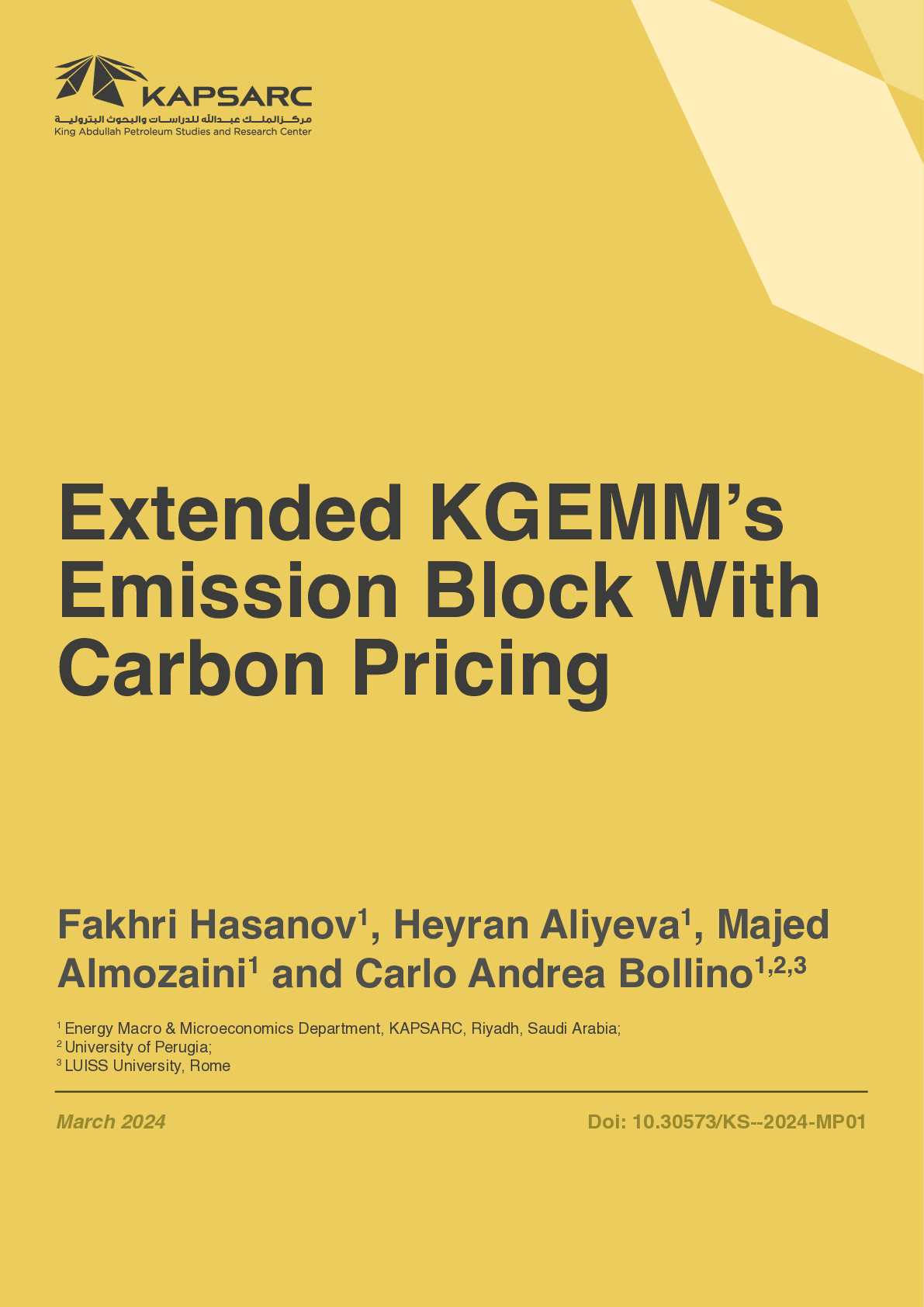
Extended KGEMM’s Emission Block With Carbon Pricing
Policymakers in developing and transitional economies require sound models to: (i) understand the drivers of…
12th March 2024

